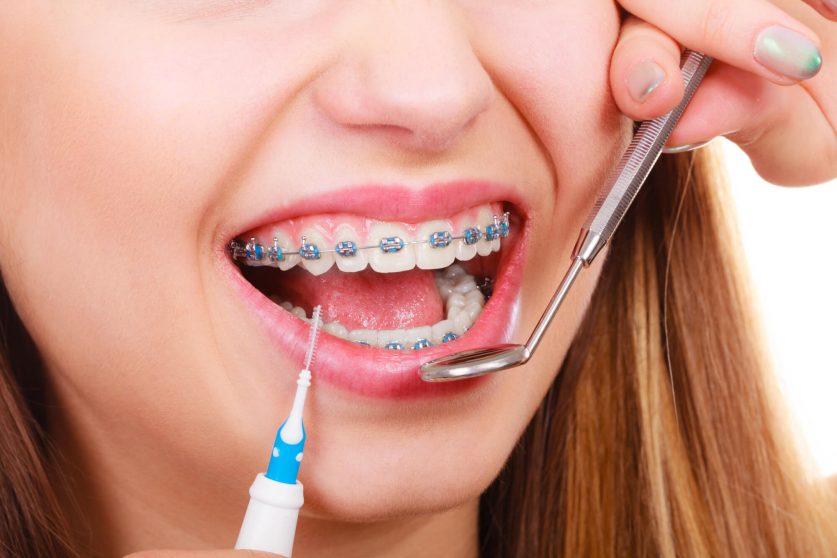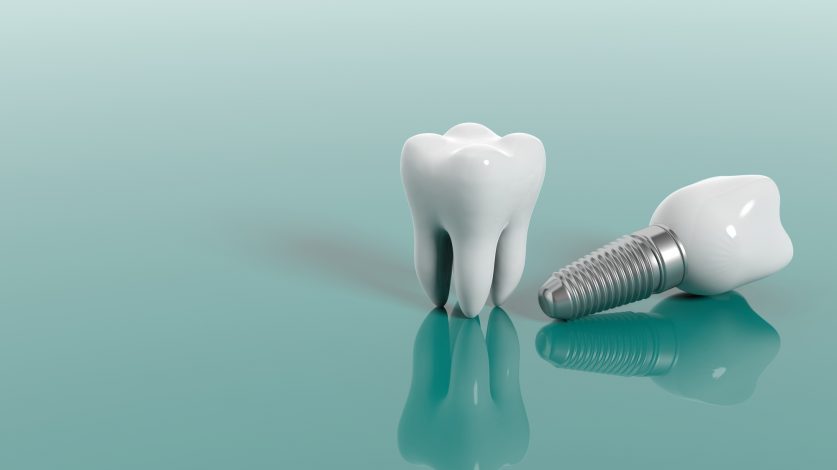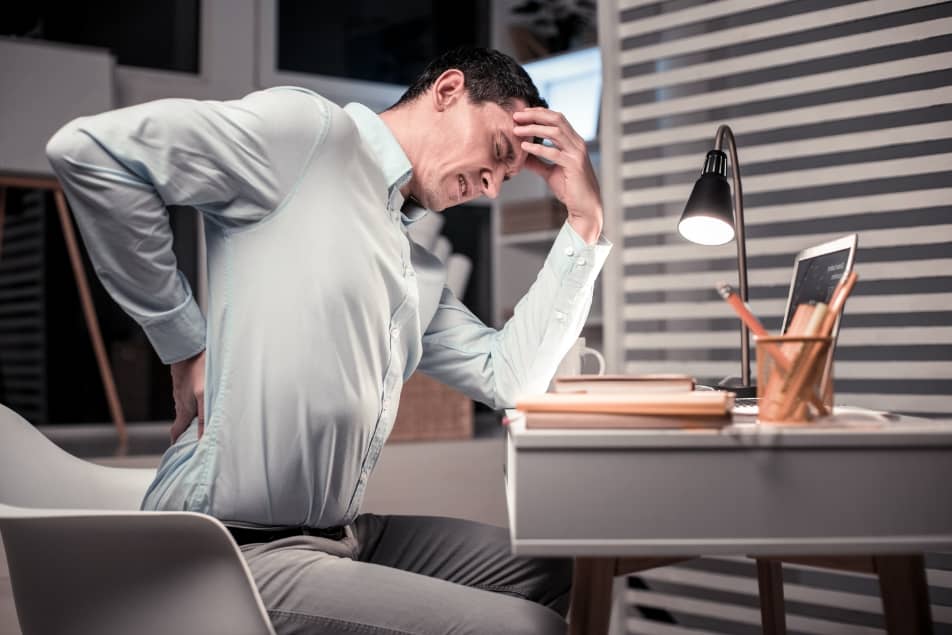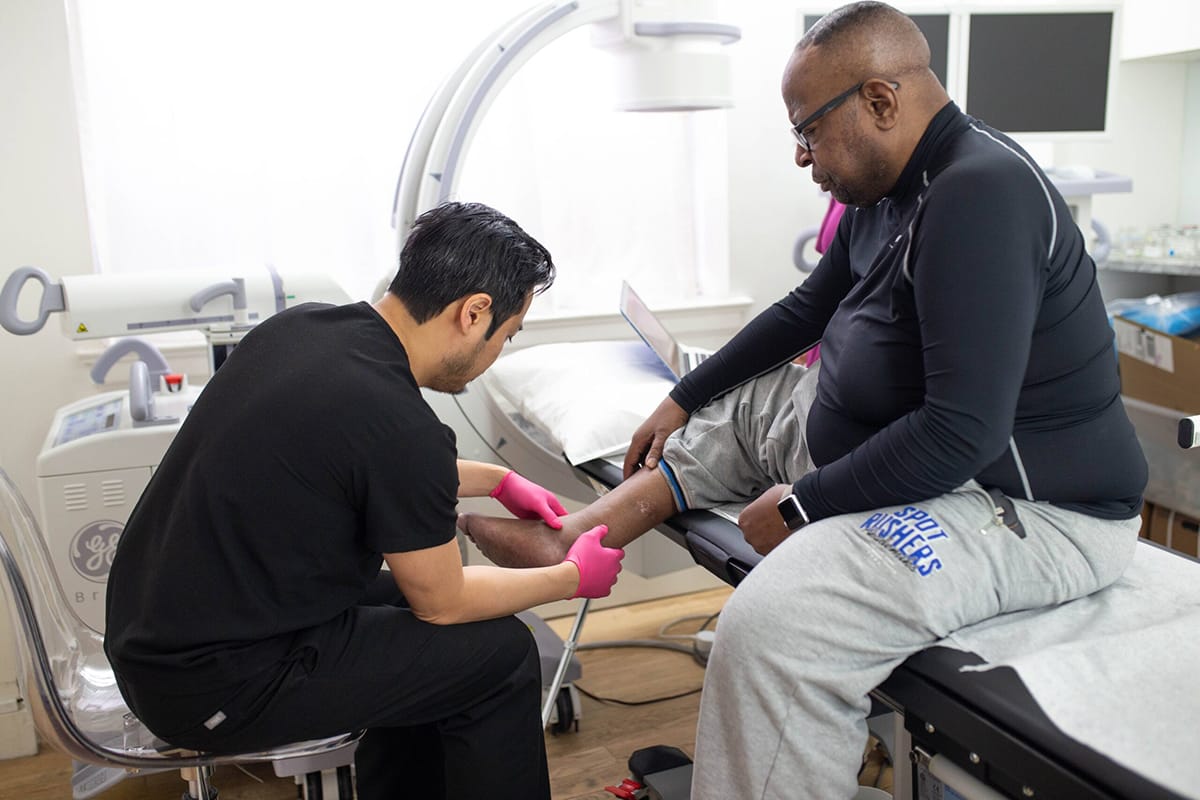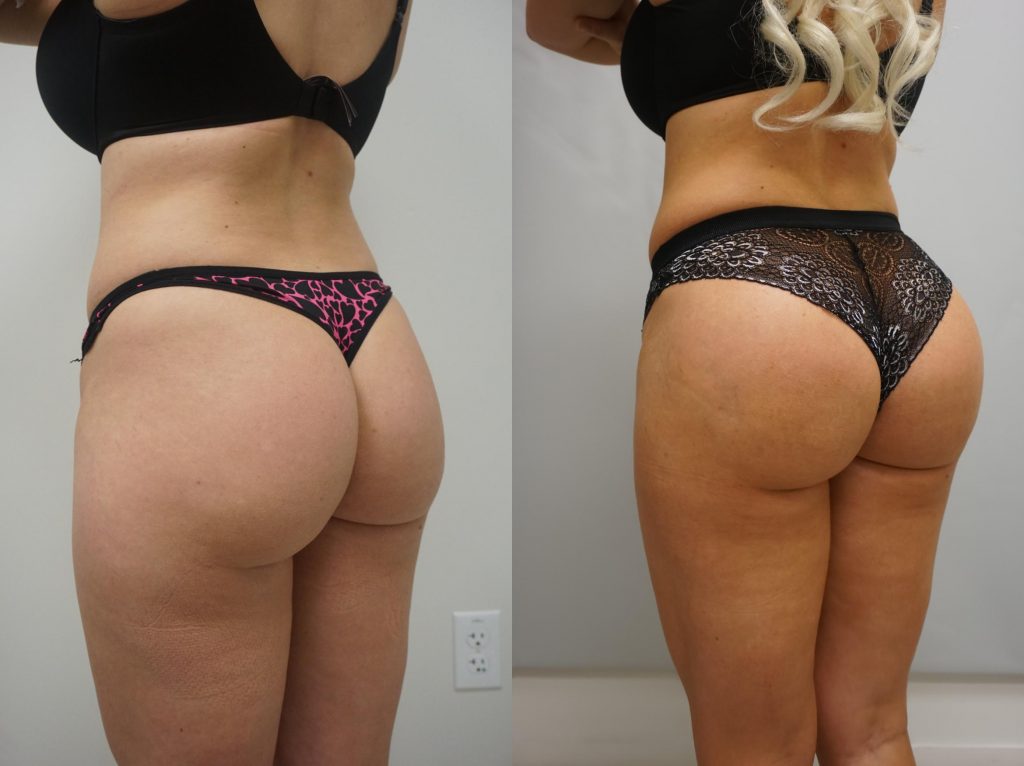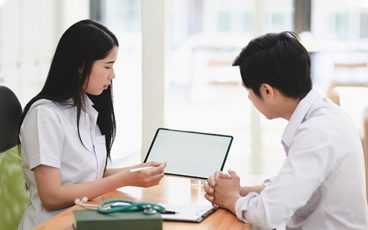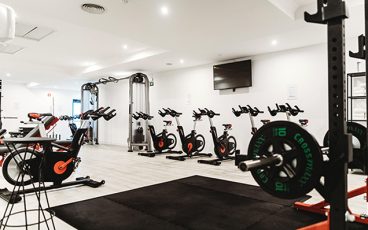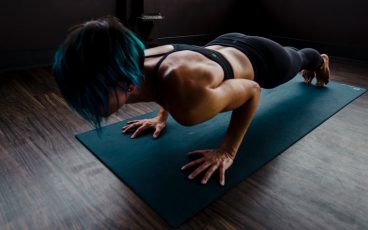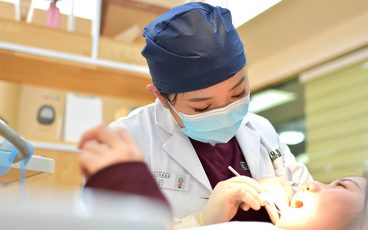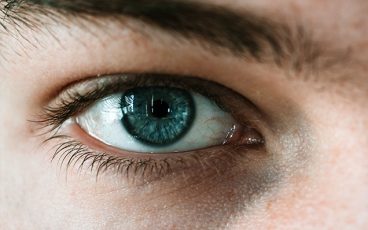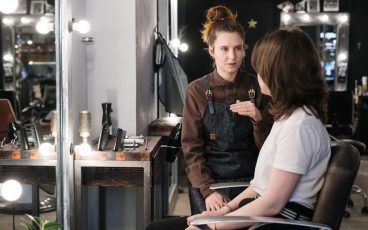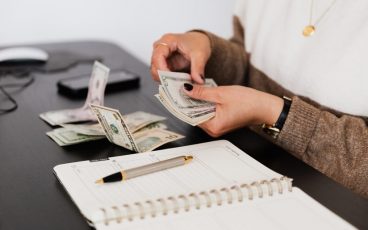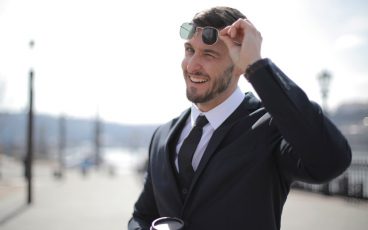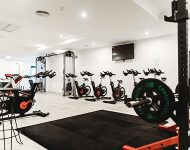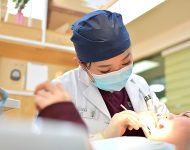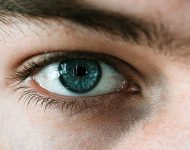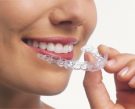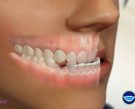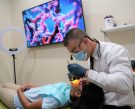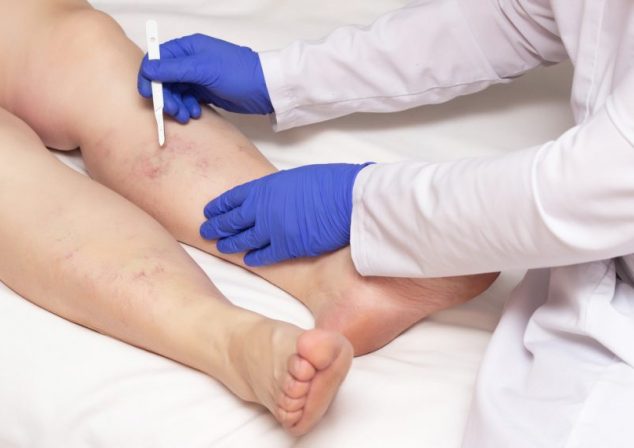
Varicose veins are bulges, bluish cords flowing just beneath the surface of your skin. Usually, they develop on the legs and feet. But visible swollen and twisted veins are surrounded by flooded capillaries known as spider veins. However, these veins are painful and disfigured but usually harmless. When they become inflamed, tender to the touch, and resist circulation, it causes swollen ankles, itchy skin, and aching.
Your legs have an interior and deep veneer network. Sometimes, an interior vein becomes varicose. Such deep varicose veins are not visible, but there may be swelling or aching throughout the legs and form blood clots. A vein doctor who treats such types of vein issues. What is a Vein Doctor Called?
What Causes Varicose Veins?
Arteries have a thick layer of muscle to circulate oxygenated blood from the lungs to other parts of your body. And to push it back to your heart, your veins mainly rely on surrounding muscles and follow a one-way network. As blood flows through the veins, a cup-like structure opens and closes to prevent the backflow.
In the case of varicose, the valves don’t work correctly, allowing blood to pool in the veins and making muscles push the blood upwards. Instead of circulating from one valve to another, the blood pools in the veins. And hence increase in pressure, they are likely to become varicose.
Any condition that puts additional pressure on the legs or abdomen can lead to varicose veins. I.e.pregnancy, obesity, standing for long periods, and constipation can cause varicose veins. The age factor, with the age veins, also weakens its capacity to push, and an old injury may also result in varicosity. Book an appointment with a vein specialist to have a precise diagnosis & treatment. What Kind of Doctor is a Vein Specialist? A vein specialist is a vascular surgeon who has the expertise to diagnose and treat vein diseases.
Can You Prevent Varicose Veins?
Even though your genetics plays a big part in the risk for varicose veins, there are things you can do to prevent them:
Exercise regularly:
Staying fit by doing regular exercises is the best way to keep your leg veins healthy.
Maintain a healthy weight:
If you are an overweight person, there are more chances of Varicose. So weight control prevents excessive pressure on the veins of the legs and feet.
Avoid tight clothing:
Tightened clothes and shoes may resist the blood flow and lead to varicose. So it’s better to wear loose clothes and flat or low-heeled shoes.
Move around:
You can avoid sitting or standing for an extended period, encouraging good blood flow.
If, in case, your daily routine requires you to be on your feet constantly, then consider a soft and support hose. Or stretch and exercise your legs as often as possible to increase blood circulation.
Quit smoking:
Studies have shown that smoking may contribute to the development of varicose veins.
Other reasons:
If you’re a pregnant woman, sleep on your left side rather than your back, which will help you minimize pressure from the uterus on the veins in your pelvic area. This position may also improve blood flow to the fetus.
0 Comments 1517 Views
YOU MAY ALSO LIKE
share
About me

Health And Healthy Tips is Free health blog, If you wish to be part of this blog and want to conribute contents which are interesting for our readers, please contact us.
CATEGORY
- Beauty (19)
- BUSINESS (3)
- Dental Care (187)
- Eye Care (12)
- Fitness (23)
- Healthy Life (179)
- Men's (10)
- Women's (12)

